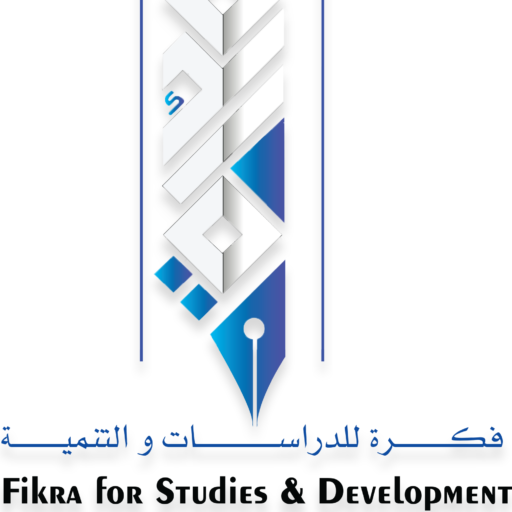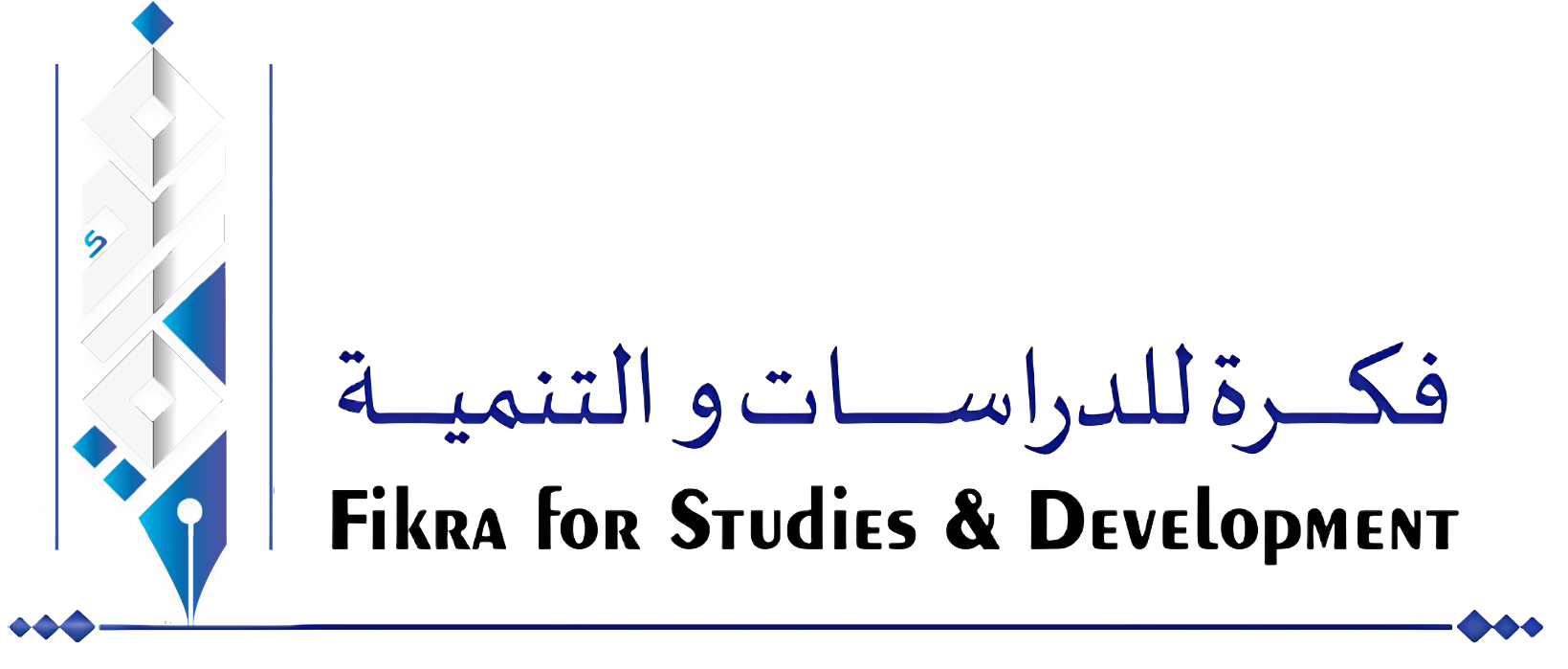Intensification of statements between the Army and the Rapid Support Forces
Intensification of statements between the Army and the Rapid Support Forces
General Abdel Fattah Al-Burhan, the commander of the Sudanese army and the head of the Sovereignty Council, and Muhammad Hamdan Daglo (also known as Hemidti), the commander of the Rapid Support Forces, exchanged increasingly heated statements, suggesting a steady escalation in the intensity of their hidden conflict. Al-Burhan stated last week that his adherence to the framework agreement is contingent on the implementation of the terms of merging the Rapid Support Forces and the rest of the armed movements into the army. Hemidti responded with a lengthy speech in which he admitted the coup was a mistake and expressed his adherence to the political process and the framework agreement as well as his acceptance of merging his forces according to the terms of the framework agreement (agreed schedules).
The subject of security and military sector reform, the integration of forces, and the development of a single professional army that eliminates the plurality of official armed forces in Sudan is regarded as one of the most significant issues and conundrums facing the transition in Sudan. The Rapid Support Forces were established in 2013 as part of the Operational Authority of the National Intelligence and Security Service at the time. In 2017, the Rapid Support Forces Law was enacted, stipulating the status of it within the Sudanese Armed Forces, but recognizing their direct subordination to the Presidency of the State (then-deposed President Al-Bashir), who concurrently was assuming the presidency of the executive authority. After the revolution and the downfall of Al-Bashir in 2019, a parliamentary system with an executive authority headed by a prime minister and a sovereignty council with honorary powers to represent the head of state were agreed upon. This is the circumstance that precipitated the Rapid Support Forces’ abnormal condition.
Many fear that the political and military split between the army and the Rapid Support Forces would result in an armed clash between them, which might spark a large-scale armed conflict in the country.
Participants in the political process… The discrepancy continues
Despite the announcement by the Transitional Sovereignty Council in an official statement issued at the beginning of the second week of February that opponents and supporters of the framework agreement had reached a new political declaration that will be signed as a prelude to the joining of new forces in the country’s ongoing political process, this declaration has not yet been signed or published yet.
This agreement followed a series of meetings between the leaders of the army and the forces of freedom and change: the Central Council, which signed the framework agreement, with Jibril Ibrahim, the leader of the Justice and Equality Movement; Minni Arko Minawi, the leader of the Sudan Liberation Movement; and Jaafar al-Mirghani, the representative of the Democratic Unionist Party (Origin) from the Democratic Bloc. However, while the forces of the Democratic Bloc insist on signing the political declaration as a cohesive bloc, the forces of the Central Council continue to resist what they refer to as the “dumping” of the political process through the addition of new forces.
The Actors that would sign the political declaration were given the authority to choose members of the Sovereignty Council, ministers, and legislature, as well as governors of regions, state governors, the chief justice and his deputies, and the president and members of the Constitutional Court, as per the draft transitional constitution prepared by the Bar Association last year.
Replacing the judge in the case of the murdered police brigadier general Berima over lawyers’ objections
The defense committee for the defendants in the case of the killing of Brigadier General Brema disclosed that the trial session was postponed from Monday to the next week after the court judge resigned and a replacement judge entered the session without prior notification. Eman Hassan, the head of the committee, stated in press remarks following the session that the postponement of the sessions and the changing of judges represent an attempt to disrupt the procedures and that the committee will investigate the cause. In the same context, the mother of the detainee, Muhammad Adam Tupac, Ms. Nidal Muhammad, stated after yesterday’s court session that the judge was substituted without consulting the attorneys. And she categorically rejected the manner in which the new judge treated them, adding that he had inquired about her tribe and asked that she bring them to the family of Brigadier General Berima.
According to a military official, eight million weapons in civilian hands.
A workshop was convened by the Higher Committee for Collecting Weapons and Unregulated Vehicles, at which various papers were presented. Three papers were presented by military and police leaders. In a report on the spread of weapons among civilians, Staff Lieutenant General Abd al-Hadi Abdullah indicated that there are eight million weapons in the possession of civilians, although and the Supreme Committee was only able to collect 300,000 firearms between 2016 and 2020.
He emphasized that the committee monitors and restricts the distribution of weapons as well as their arrival into Sudan via 64 border crossings with neighboring countries.
The most serious threat to security and peace in the country is the proliferation of indiscriminate weapons, which contributes to human trafficking, drug trafficking, smuggling, and tribal clashes.
A UN Security Council Panel of Experts stated on February 9, 2022, that merchants are still supplying weapons to the Darfur region, including automatic firearms, rocket-propelled grenades, pistols, long-range high-precision rifles, and surface-to-air missiles.
A survey on the tasks and priorities of the transitional period
Within the context of the Public Opinion Measurement Studies Program, Fikra for Studies and Development rolled out a public opinion survey to explore the public’s perceptions of transitional-period priority tasks. 170 respondents from various Sudanese states completed the questionnaire. The issue of reforming the economy and living conditions topped the participants’ choices for the transitional period’s top priorities, with a rate of 57.1%, followed by the issue of security and military reform with a rate of 55.9%, then the issue of legal and justice reform with a rate of 54.1%, the issue of civil service reform and the dismantling of empowerment with a rate of 51.8%, and the percentage of voters for the issue of justice, accountability, and transitional justice with a rate 38.8%.
Preparing for the elections and evaluating the Juba Peace Accord tied for last place on the list of choices, each receiving 21.2% of the vote.
According to the gender classification of the participants in the questionnaire, for females the issue of reforming the economy and the living situation topped the choices of the participants with 68.8% of the vote, followed by the issue of justice and legal reform with 66.7% of the vote, then at an equal level the issues of security and military reform and civil service reform and the dismantling of empowerment. With a rate of 41.7% each, the issues of justice, accountability, transitional justice, and election preparation were added to the list, along with the topic of revising the Juba Peace Agreement with a score of 18.8%.
The issue of security and military reform topped the options for men with 61.5%, followed by the issue of civil service reform and the dismantling of empowerment with 55.7%, then the issue of reforming the economy and living conditions with 52.5%, then the issue of legal and justice reform with 49.2%, and then the issue of justice, accountability, and transitional justice with 41.2%. Then, the subject of revisiting the Juba Accord, with a proportion of 22.1%, and finally, the topic of preparing for the elections, with a rate of 17.2%.
Copyright © 2025 Fikra for Studies and Development, All rights reserved.
You are receiving this email because you opted in via our website.
Our mailing address is:
Fikra for Studies and Development
Khartoum 11111

